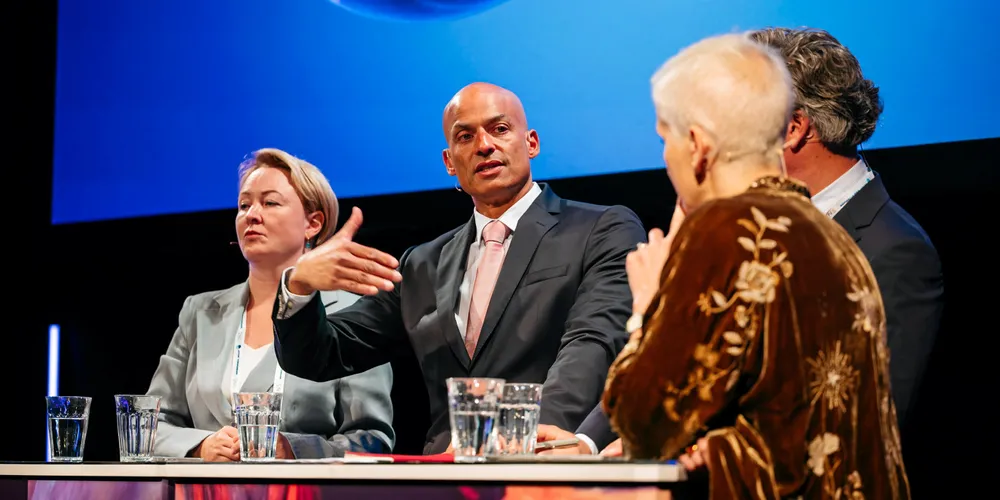NATO official says energy players could ‘lose everything’ if they fail to take Russian threats seriously
James Appathurai tells oil, gas and renewables executives in Stavanger 'you are under threat in ways you were not 15 years ago'.

A NATO official has warned energy players in Europe that Russia and China pose serious threats to energy infrastructure and they should take urgent precautions.
James Appathurai, NATO’s acting assistant secretary general for innovation, hybrid and cyber, explained that Russia’s anti-Western doctrine is little changed from the Soviet era and includes attacking energy systems.
“As hostility grows between Russia and the West, we can be sure our (energy) systems will be targeted,” he said.
Speaking to energy delegates at ONS 2024, Appathurai said cyberattacks have already taken place against critical infrastructure and industrial control systems, and highlighted Chinese “threat actors” in addition to Russia.
Appathurai told the audience: “You are under threat in ways that you were not 15 years ago.”
To address these issues, he called for “a very different, structural, organic and continuous” partnership between public bodies and private companies, as well as investment in new technologies to “better defend infrastructure”.
These technologies include artificial intelligence and specific equipment to protect critical subsea infrastructure.
Appathurai said: “We need to establish a permanent process whereby security people and chief executives (of energy players) sit together on a regular basis to exchange political risk analysis and threat warnings so that companies know what’s coming.”
He also highlighted the importance of companies enhancing their cyber security because of emerging threats as “we move to a wider mix” of energies reliant on an AI-driven networks.
The NATO official warned that this evolving network “is hugely vulnerable to attack,” adding that companies should take a leaf from the playbook of Ukraine's which has learned to “air-gap” critical infrastructure from the internet to defend against cyberattacks.
Appathurai argued that chief executives should be incentivised in their key performance indicators to make security a priority, and have bigger budgets, “or they’re going to lose everything”.
This new threat-laden world, he added, also means infrastructure owners must invest in equipment to boost redundancy in case of physical attacks.
“One undersea cable from your wind farm is not going to do it anymore. It was great in peace time. But now, one cable can be cut — just like that. Maybe you need two or three cables.”
Using a military term that became common parlance in the shipping sector during the days of Somalia piracy, Appathurai advised companies to “harden their infrastructure”.